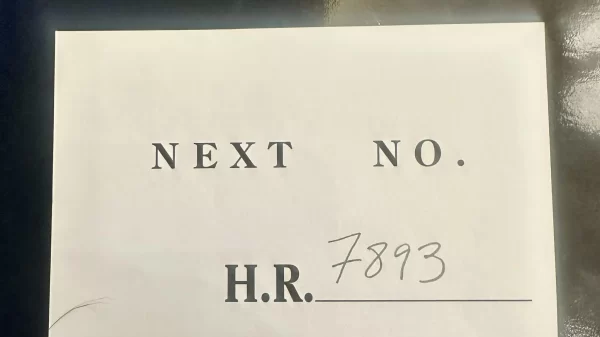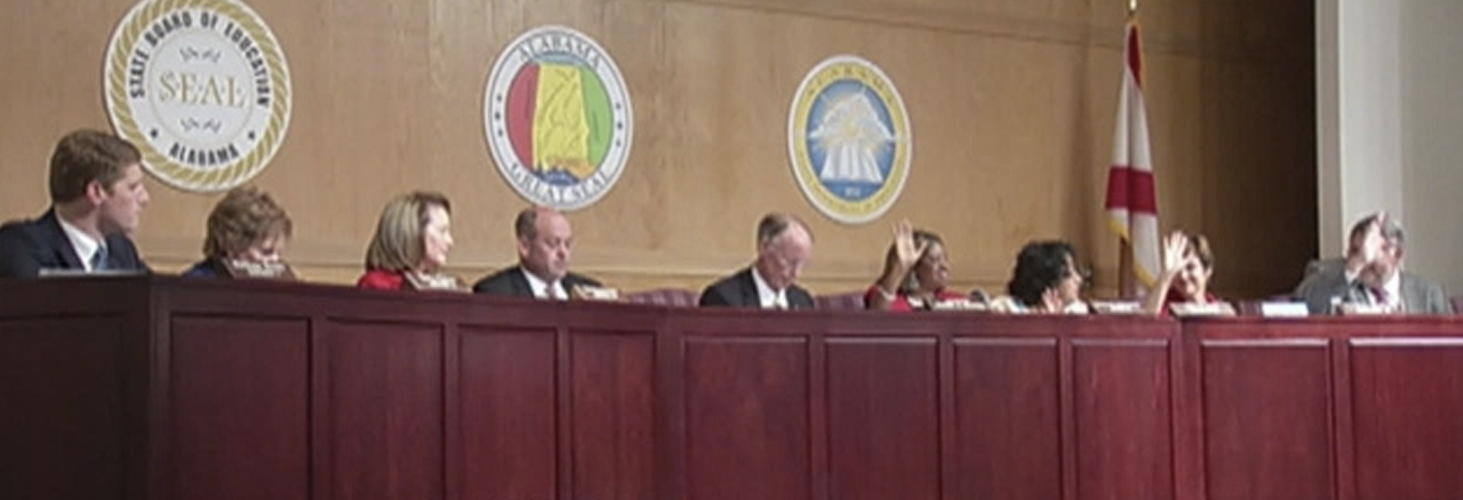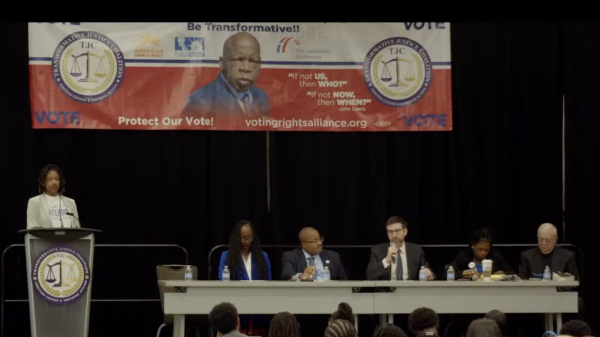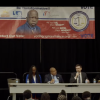By Bill Britt
Alabama Political Reporter
MONTGOMERY—The selection of Michael Sentance as Superintendent of Education is an evolving story with no end in sight.
Insiders believe Sentance is a useful stooge to give the powers that be an opening to abolish the elected Board of Education, fully implement common core and surrender the State’s education to private enterprise under an Accountability Act 2.0. The move is thought to be the product of a loose confederation between the Business Council of Alabama (BCA), ALFA and Riley Inc.
While fielding questions at a recent meeting of school superintendents from the Wiregrass, Board of Education member, Betty Peters, answered why she voted for Sentance. The question was “As an elected State School Board member, you are charged with representing the people in District 2. During the process of selecting a new State Superintendent, I know you were contacted by many people in support of certain candidates. How many of your constituents supported Mr. Sentance as State Superintendent of Alabama?” Her reply was, “None. They didn’t know who he was,” to which, the school superintendent replied, “exactly!”
On Tuesday, Senator Gerald Dial (R-Lineville) asked the Alabama Board of Education, in an email, to postpone finalizing the hiring of Sentance as Superintendent of Education. “It has become public that he has had his law license suspended, among other concerning issues,” said Dial.
A few weeks ago, Dial sent a letter to Attorney General Luther Strange, asking for his office to investigate actions before the Board’s vote on a new superintendent. He, along with Sen. Quinton Ross (D-Montgomery), also introduced a joint resolution, creating a joint legislative commission, tasked with investigating events surround Sentance’s hiring.
At the center of this turmoil is an anonymous ethics complaint, accusing the favored candidate, Dr. Craig Pouncey, of falsifying authorship of his Doctoral Dissertation and using State personnel and resources to earn his doctorate. The anonymous letter, with emails from 2009 containing weak allegations against Pouncey, found its way to the State Ethics Commission through a suspicious set of events, which are only now becoming clear.
According to those within the system, it wasn’t General Counsel for ASDE, Juliana T. Dean, who, at the urging of Board member Mary Scott Hunter, contacted Ethics, but Hunter herself. She made contact with Ethics Director, Tom Allbritton, who passed the information to the Ethic commission’s General Counsel, Hugh Evans, III. Evans, in turn, reached out to Dean to keep it anonymous. After receiving the complaint, Evans sent an email to Dean verifying in vague language receipt of the “anonymous” complaint.
State Statute forbids the Ethics Commission from investigating anonymous complaints.
The Alabama Political Reporter reached out to Dean and Evans immediately after the incident involving the hit on Pouncey. Evans never replied to our request and questions to Dean were referred to Dr. Michael O. Sibley, Director of Communications for ASDE. Sibley supplied APR with a “non-responsive” response from their PR shop.
Who sabotaged Dr. Craig Pouncey? Just one of the many questions swirling around Sentance’s hiring. This may also be the starting point for an investigation.






















































